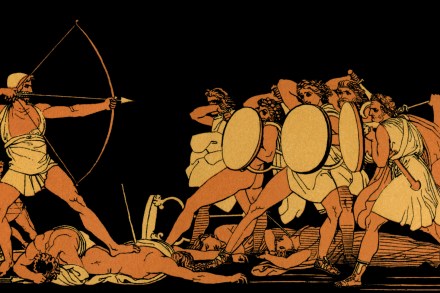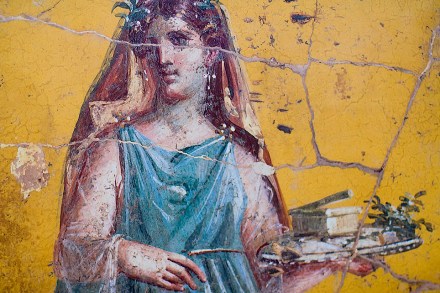What ‘rot’ is Keir Starmer talking about?
With the elections over, it might be time to reflect on what Sir Keir Starmer means by ‘rot’ in the ‘foundations of this country’. What foundations are those? Political? In the democracy (‘citizen-power’) invented by the Greeks, men over the age of 18 meeting in assembly took all decisions that our politicians take today and,




















